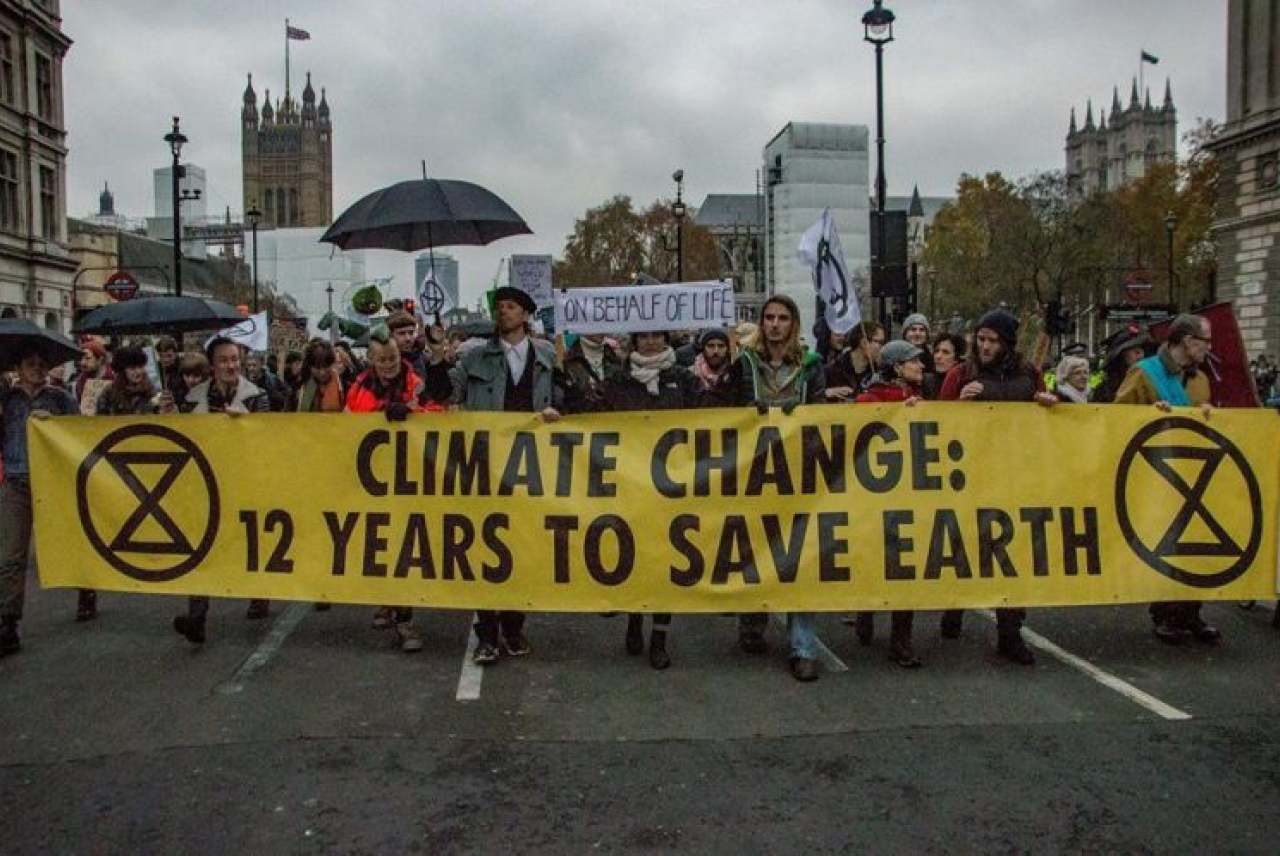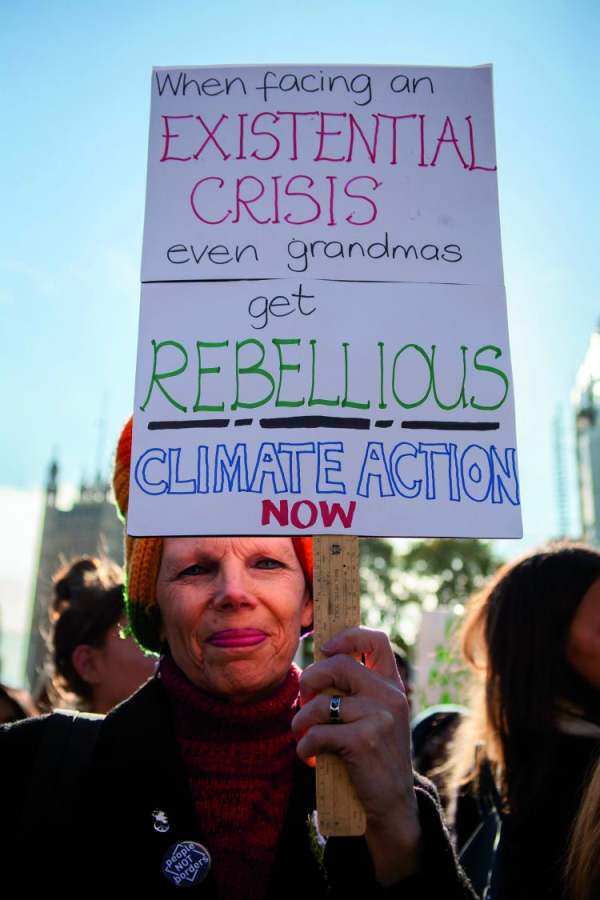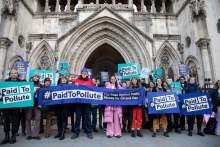Both stories highlight the increasing use of non-violent direct action in the UK in an attempt to mobilise a response to the impending climate emergency and ecological crisis (the recent IPCC report warns that we have around 12 years to dramatically reduce greenhouse gas emissions to keep warming to 1.5°C).
To tie in with the launch of Extinction Rebellion, an open letter was published by 94 academics spanning multiple disciplines, endorsing Extinction Rebellion and its key demands:
- To admit the truth about the ecological emergency, reverse all policies inconsistent with addressing climate change, and work alongside the media to communicate with citizens.
- To enact legally binding policy measures to reduce carbon emissions to net zero by 2025 and to reduce consumption levels.
- To establish a national Citizen’s Assembly to oversee the changes, as part of creating a democracy fit for purpose.






